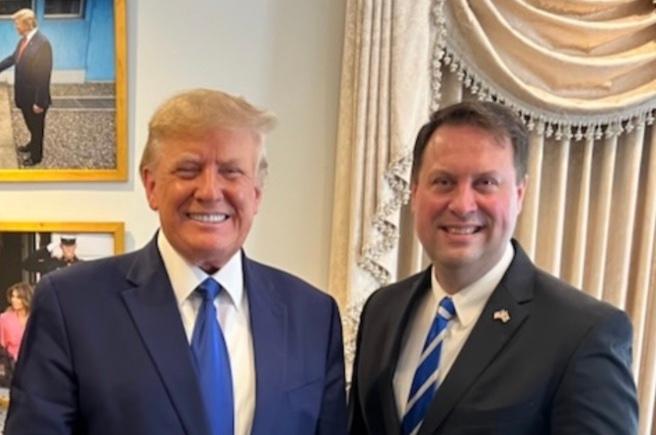An unsuccessful Republican candidate for Maryland’s governorship is asking the U.S. Supreme Court to reverse a state court order he argues unconstitutionally allowed the early counting of mail-in ballots in the November 2022 election he lost.
The request for the Supreme Court to look at Maryland laws comes at a time when tensions between Republicans and Democrats over voting procedures have been growing in light of former President Donald Trump’s continuing claims that the 2020 presidential election was marred by massive electoral fraud and various improprieties by election officials and the courts.





